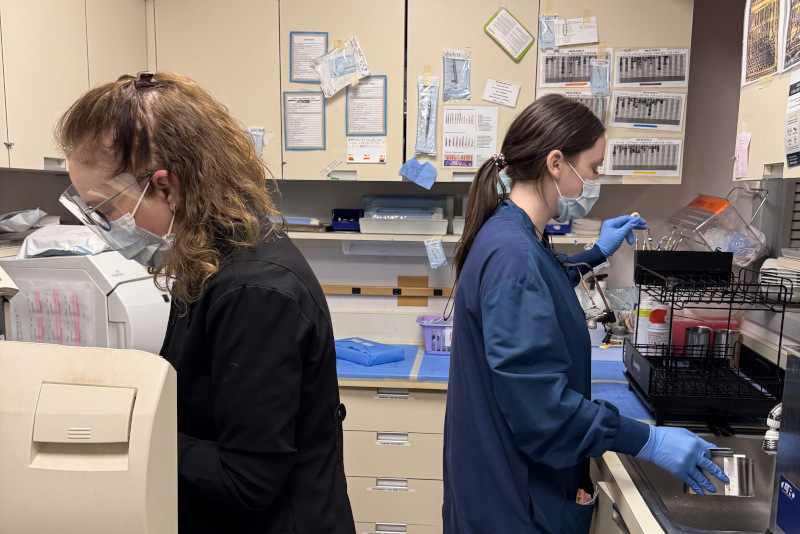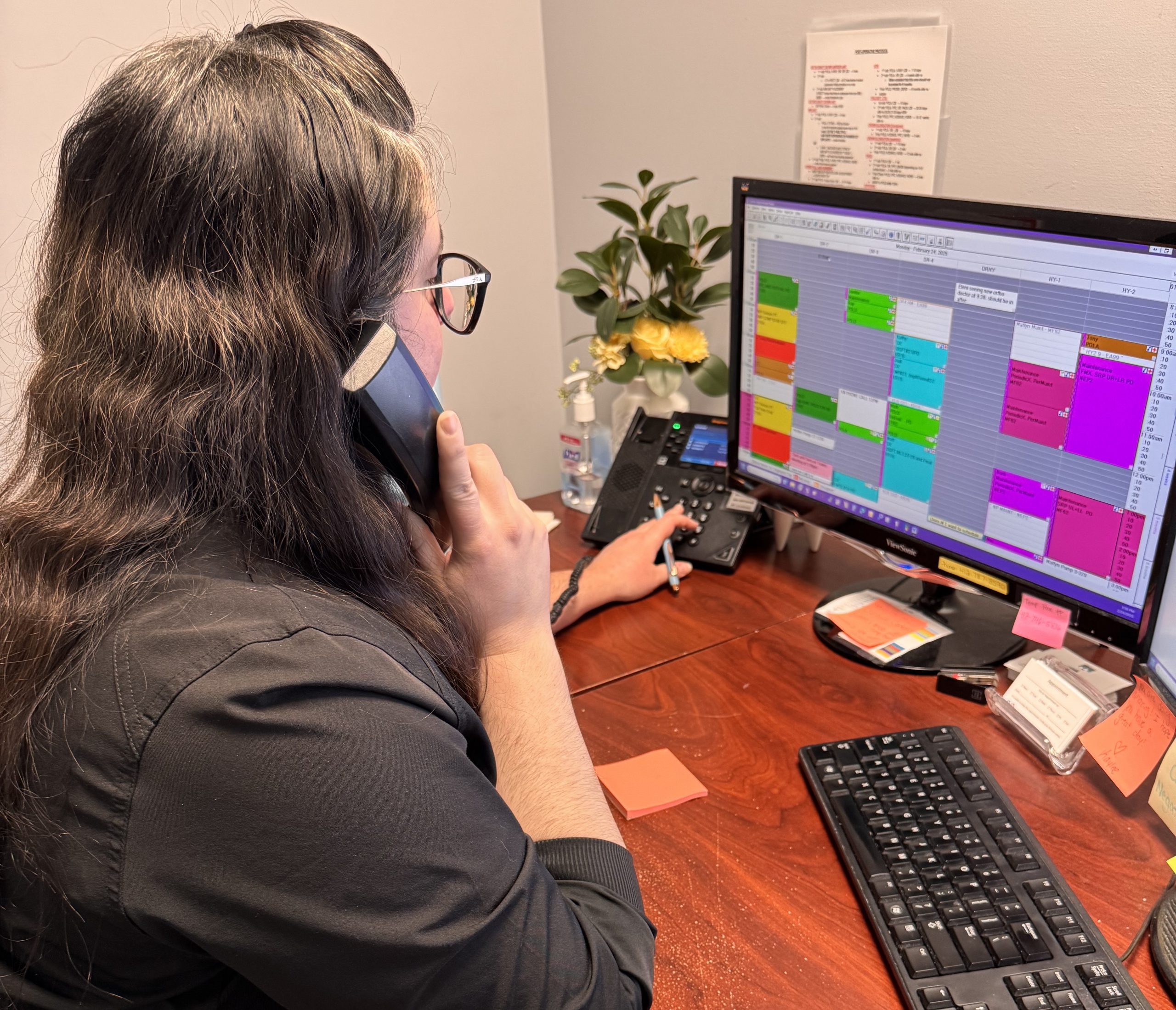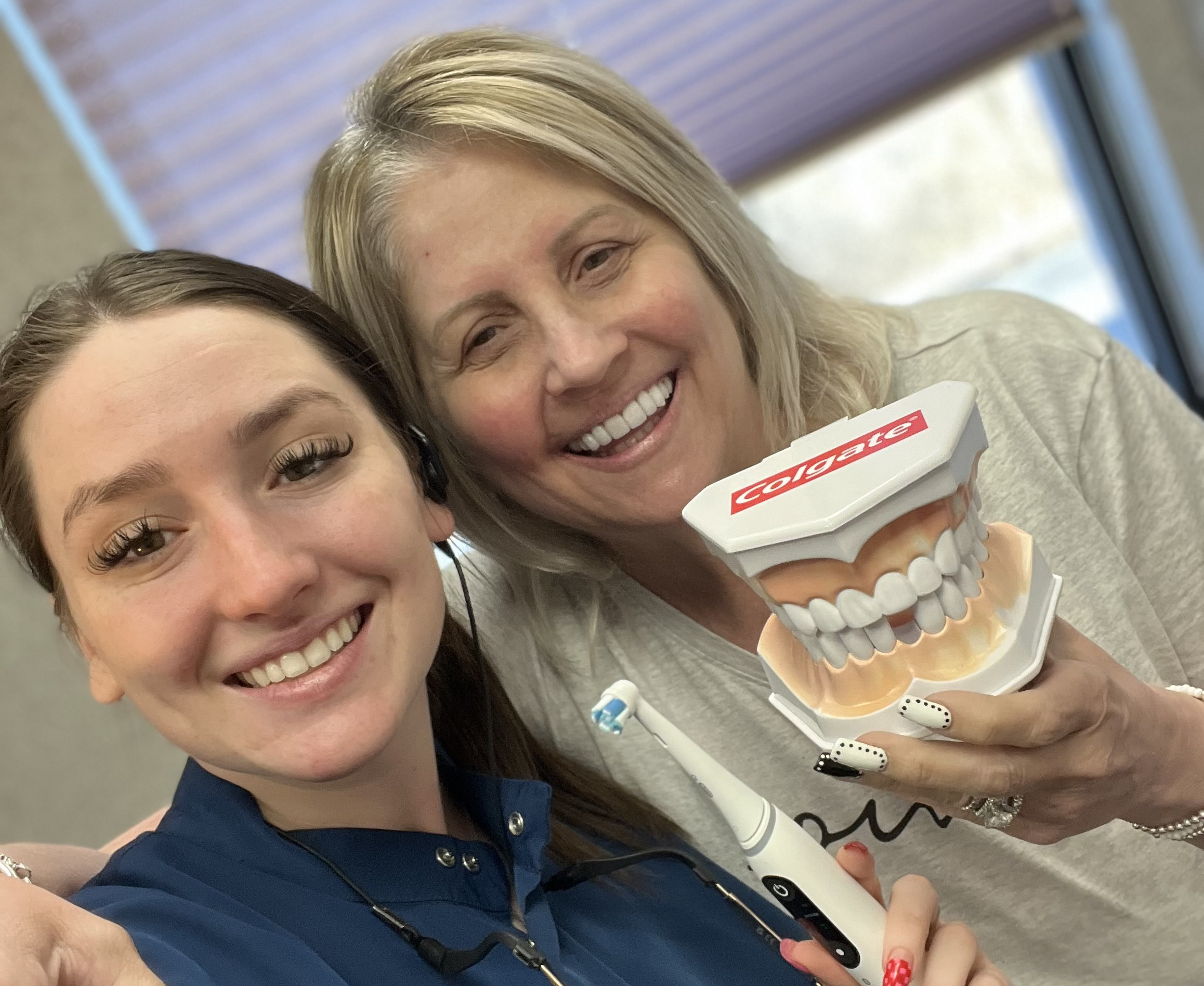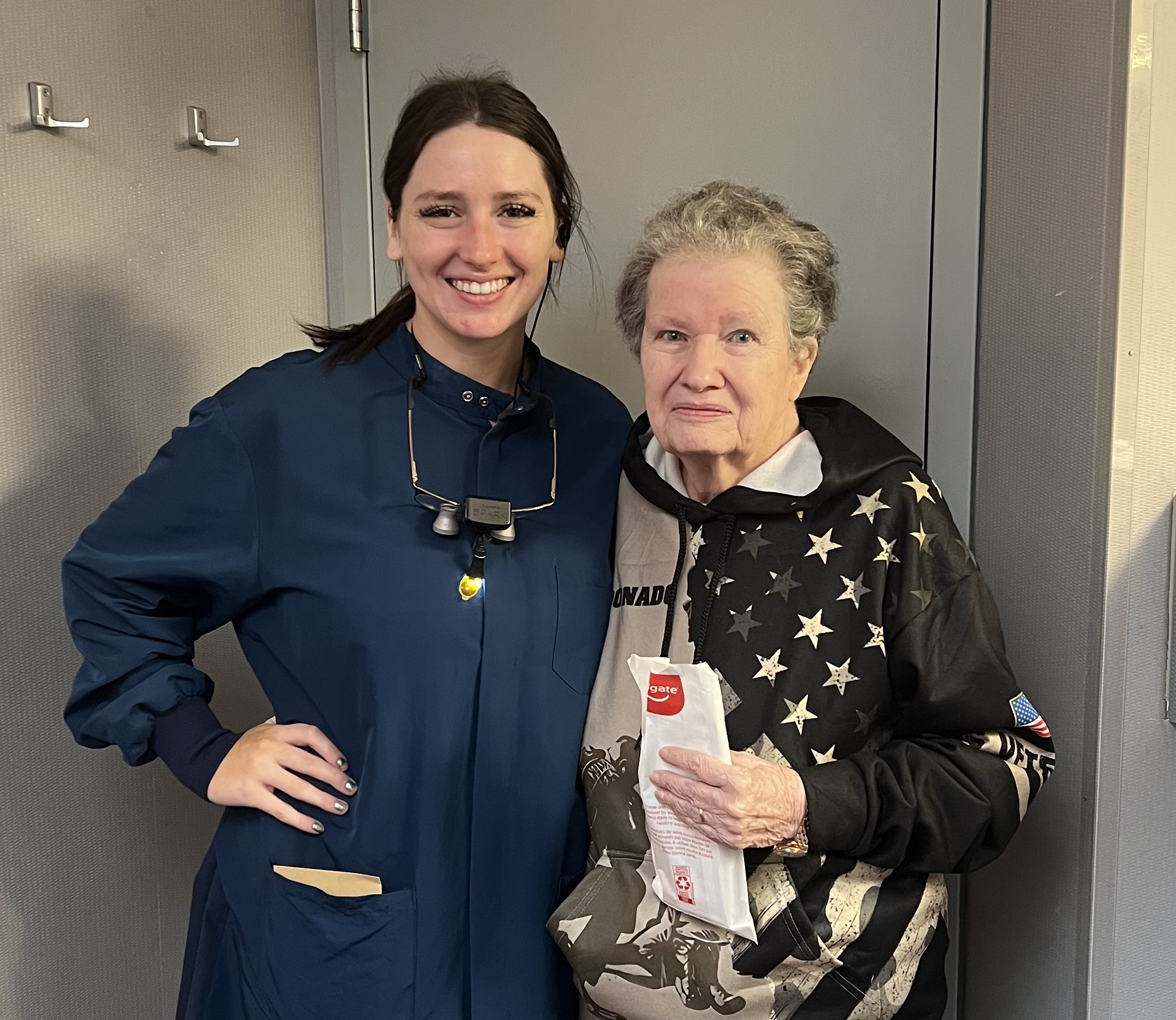
Sedation Dentistry In Pittsburgh

Understanding Dental Anesthesia: What Every Patient Should Know
Advances in dental techniques and medications can greatly reduce or even eliminate discomfort during dental treatment, and Dr. Roll and Dr. Williams, your periodontists, wants you to know about them. Here are some of the options available to help alleviate anxiety or pain that may be associated with dental care.
From the initial consultation
to post-procedure care,
we are here to support you
every step of the way.

Analgesics
Non-narcotic analgesics are the most commonly used drugs for relief of toothache or pain following dental treatment. This category includes:
Non-steroidal anti-inflammatory drugs, i.e. aspirin, ibuprofen, and naproxen sodium. If anti-inflammatory drugs cannot be taken, medications containing Acetaminophen may also be considered for postoperative soreness.
Our team is ready to help you achieve the smile you’ve always dreamed of.
Narcotic analgesics, such as those containing hydrocodone (i.e. lortab or vicodin), codeine (i.e. tylenol #3), or propoxyphene napsilate (Darvocet N100), etc. act on the central nervous system to block or relieve more significant discomfort.
Local Anesthesia
Topical anesthetics are applied to the gum tissues with a swab or patch to minimize pain from injection on the surface level. Dr. Roll, Dr. Williams or their dental assistant may use a topical anesthetic to numb an area in preparation for administering an injectable local anesthetic. In addition, topical anesthetics or other preparations also may be used to soothe painful mouth sores. Injectable local anesthetics prevent pain in a specific area of your mouth during treatment by blocking the nerves that sense or transmit pain and numbing mouth tissues. They cause the temporary numbness often referred to as a fat lip feeling. Injectable anesthetics may be used in such procedures as filling cavities, preparing teeth for crowns or treating gum disease.



The purpose of dental anesthetics is to be able to administer treatment without causing excessive pain.
We are committed to delivering
Excellence in Dental Care



Trust our expert team to
help you achieve a smile
that reflects your true self
Excellence and Expertise


With dental implants, you can restore your smile, regain your confidence, and enjoy all the benefits of having strong, healthy teeth.
Sedation and General Anesthesia
Anti-anxiety agents, such as nitrous oxide, or sedatives may help you relax during dental visits and often may be used along with local anesthetics. Dentists also can use these agents to induce conscious sedation, in which the patient achieves a relaxed state during treatment, but can respond to speech or touch. Sedatives can be administered before, during or after dental procedures by mouth, inhalation or injection.
More complex treatments may require drugs that can induce deeper sedation, causing a loss of feeling and reducing consciousness in order to relieve both pain and anxiety. Deep sedation may be recommended in certain procedures for children or others who have severe anxiety or who have difficulty controlling their movements. General anesthesia is not used in the dental office and can only safely be administered in a hospital setting.
Dentists use the pain and anxiety control techniques mentioned above to treat tens of millions of patients safely every year. Even so, taking any medication involves a certain amount of risk. That’s why Dr. Roll and Dr. Williams urge you to take an active role in your oral health care. This includes knowing your health status and telling us about any illnesses or health conditions, whether you are taking any medication (prescription or non-prescription), and whether you’ve ever had any problems such as allergic reactions to any medications. It also includes understanding the risks and benefits involved in dental treatment, so that you can make the best decisions about the treatment that is right for you.
Understanding the range of choices that are available to relieve anxiety and discomfort makes you a well-informed dental consumer. If you have questions or concerns about your oral health care, don’t hesitate to talk to Dr. Roll or Dr. Williams. Working together, you and Dr. Roll and Dr. Williams, can choose the appropriate steps to make your dental visit as safe and comfortable as possible and to help you keep a healthy smile.
Our philosophy is to administer the least amount of medications to COMFORTABLY perform the necessary procedures. This may be as little as local anesthesia only (90% of procedures performed in our office are comfortably accomplished with only local anesthesia), to nitrous oxide (also known as “laughing gas”), to oral sedation (i.e. ativan, which is similar to valium), to conscious sedation. Conscious sedation is performed by delivering sedative medications through an IV. In our office this level of sedation is performed by a dental anesthesiology group, Dental Anesthesia Associates. Dental Anesthesia Associates have worked in our office since 1981. We believe this is the safest way to sedate our patients who require this level of anesthesia. Fortunately, 99.9% of patients requiring anesthesia in our office do not require general anesthesia. When Dental Anesthesia Associates services are required they come to our office as an independent contractor, meaning they bill the patient directly for their services.
Never again suffer from the use of dentures, or the pain and embarrassment of missing teeth. Ever!

CHECK OUR
Patient reviews
“Very knowledgeable and friendly staff…”


